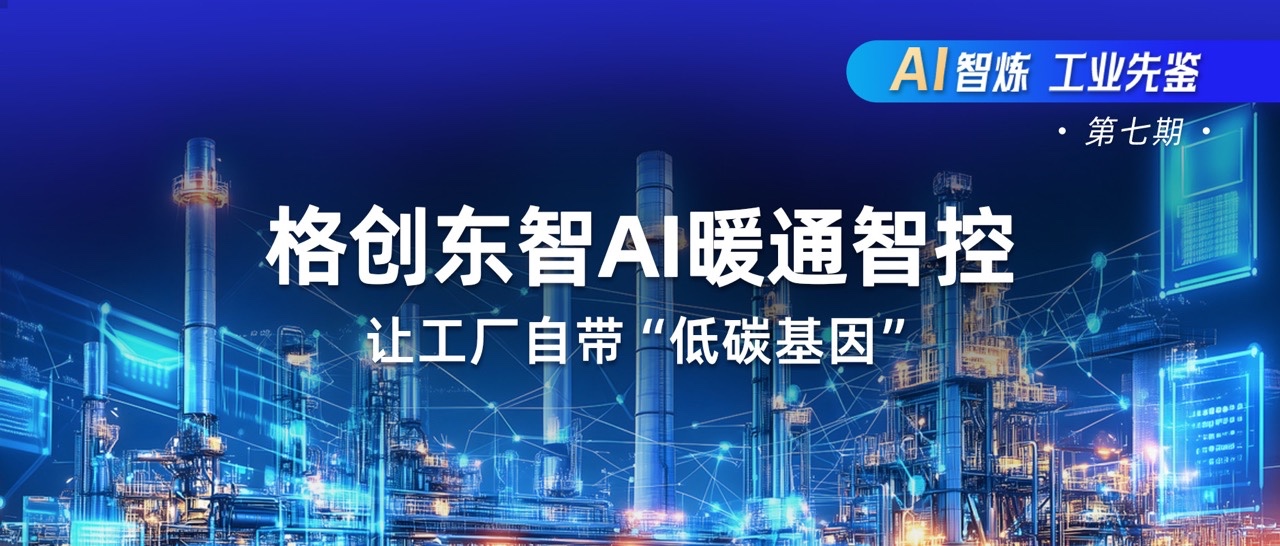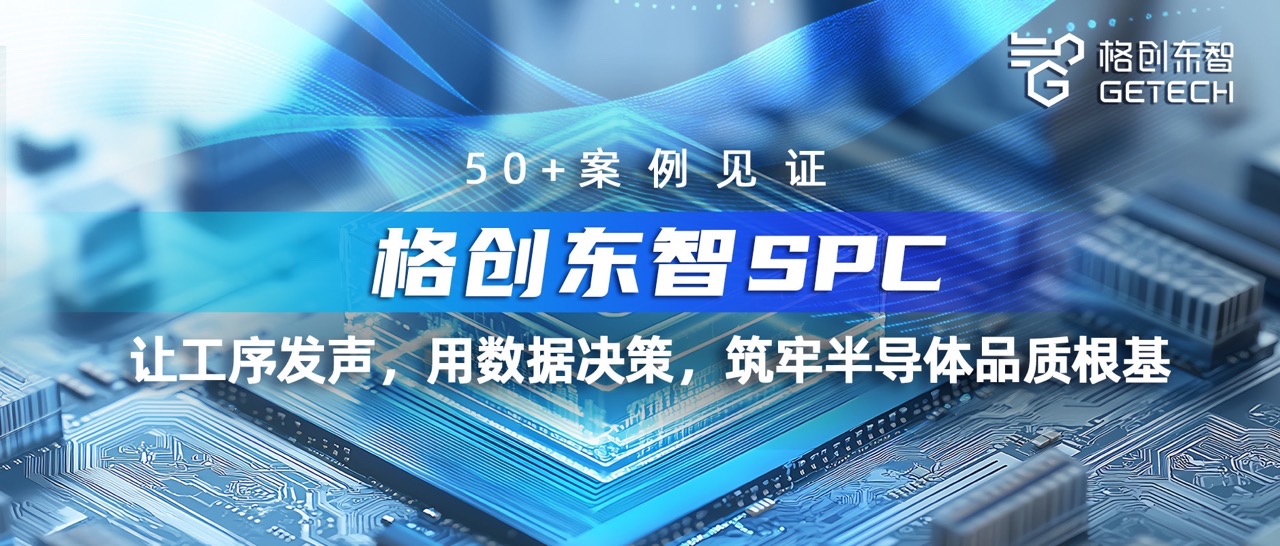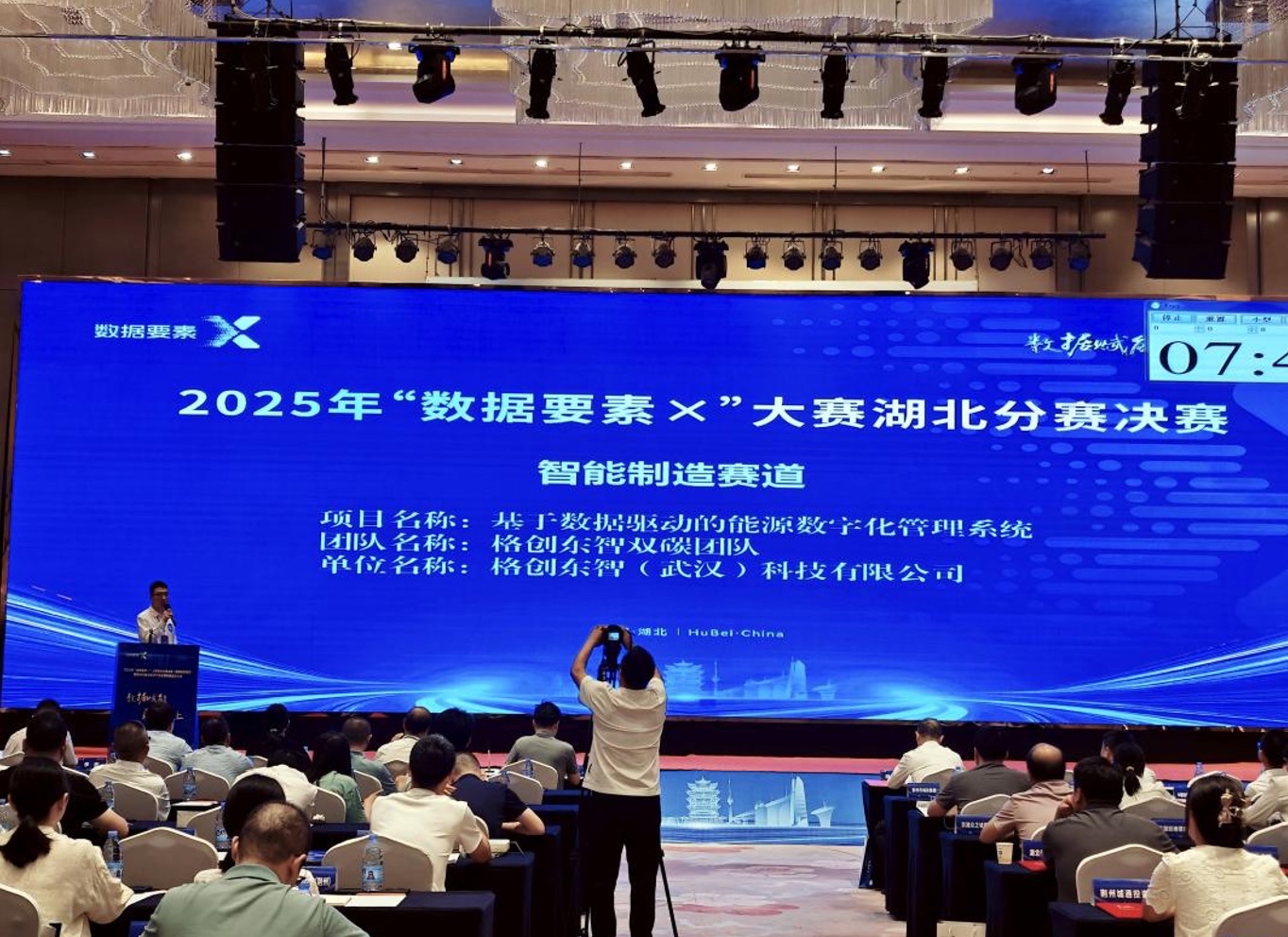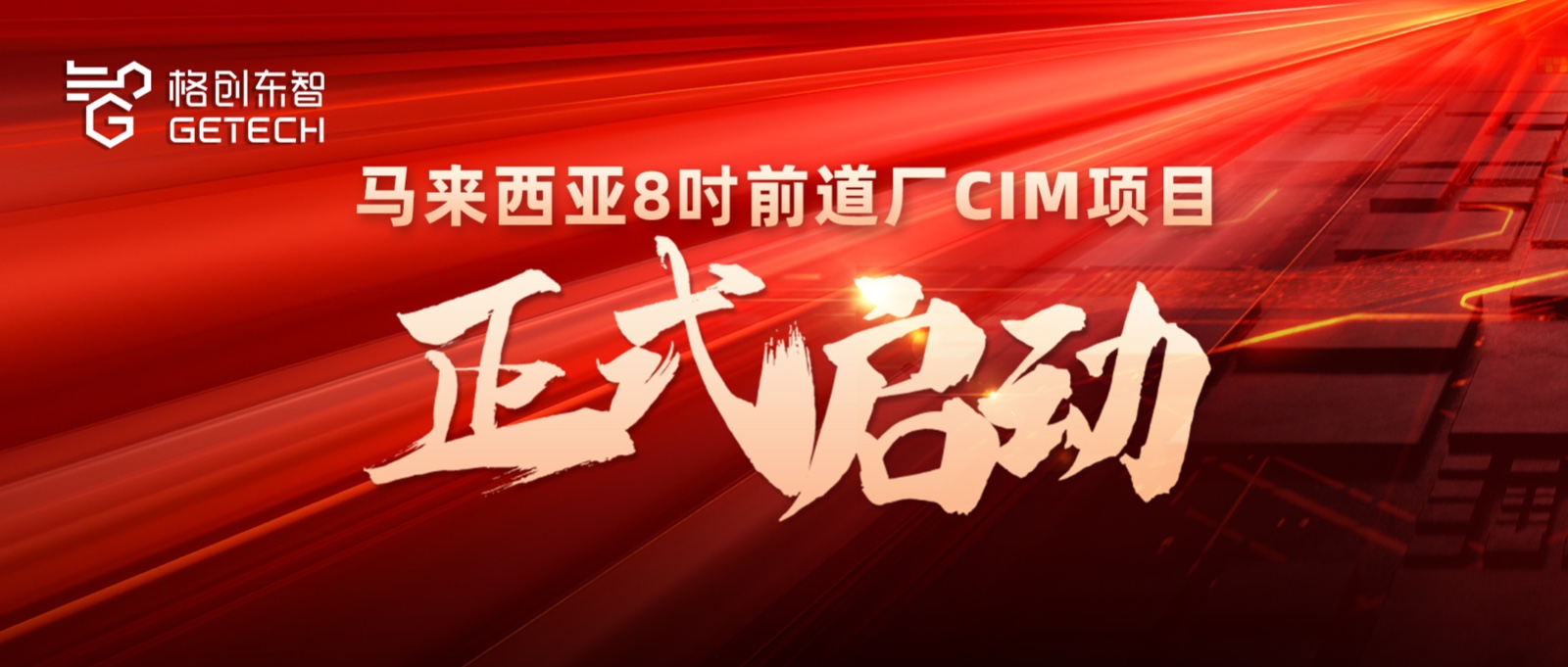Focusing on Energy and Dual-Carbon Management Needs, Greatech Empowers Lithium Battery Enterprises to Reduce Consumption
In public perception, new energy vehicles represent environmental protection and energy efficiency. However, many are unaware that the core component of these vehicles—the lithium battery—is itself a major energy consumer during production, use, and recycling, generating significant carbon emissions.
Therefore, reducing energy consumption in lithium battery production through manufacturing process improvements, digitalization, and smart technologies to meet dual-carbon management requirements is not only a core challenge for cost reduction and green production but also crucial for the new energy vehicle industry chain to fully realize its energy-saving and environmental value.
#01
Lithium Battery Manufacturing Energy Management
Not Just Process Improvement
Several stages in lithium battery production are energy-intensive, including the production of cathode and anode materials, drying after electrode coating, and the operation of drying units in battery production workshops, posing significant challenges to energy and cost control.
Take the energy-intensive graphitization process for anode materials as an example. Electricity costs account for 60% of the total cost, with mainstream crucible furnace processes consuming 11,000 to 15,000 kWh per ton. For most companies, a 10,000-ton graphitization capacity corresponds to over 120 million kWh of electricity. A 10% increase in electricity prices raises graphitization costs by 6%.
In the assembly phase, a factory test showed that drying and solvent recovery, due to prolonged heating and exhaust cooling, consume 47% of the total energy. To meet low-moisture environmental humidity requirements during battery assembly, workshop dehumidification consumes 29% of the total energy. Data from a U.S. research institution further indicates that a drying room producing 400 batteries daily can have drying units and production equipment operating at up to 64.8 kW, consuming substantial electricity.
High energy consumption not only imposes significant cost pressures but also directly impacts production stability.
The multi-round power restrictions in various regions in 2021 left a deep impression on many enterprises. For instance, power curbs in a central province significantly affected ternary cathode material producers, with some companies facing at least 30% capacity restrictions and others even forced to shut down due to power cuts. In the graphitization sector, research data shows that under strict controls on high-energy-consuming industries in some regions, graphitization capacity dropped by 40%, with top anode enterprises affected by 10%–20%, and some small and medium-sized enterprises halting operations due to power restrictions.
In response, various measures have been adopted across the industry chain. For example, many graphitization companies are actively introducing continuous graphitization processes, potentially reducing energy consumption from 15,000 kWh to around 8,000 kWh per ton. Lithium battery manufacturers are improving processes in mixing, coating, drying, and solvent recovery to cut costs and energy use.
Beyond manufacturing process improvements, many companies are enhancing energy management by adopting professional management models, systems, and smart manufacturing technologies.
Greatech's integrated smart energy management solutions for multiple scenarios are gaining attention from many new energy enterprises.
Greatech analyzes the energy usage and management status of lithium battery companies through consulting and diagnostics, efficiently planning energy-saving measures and selecting appropriate strategies. It provides industrial energy meters and equipment modification services for automatic meter reading and real-time energy data collection. Using digital twin technology, it enables energy display, monitoring, and analysis from single points to the entire system, achieving refined management of energy costs. Through big data analytics, it identifies factors affecting energy consumption, establishes energy consumption prediction and efficiency optimization models for high-energy equipment like drying units, and forms a closed-loop energy optimization system combining software analysis and energy-saving modifications, enabling intelligent energy management with visibility, understanding, and control.
#02
Under Industry Chain Pressure
Lithium Battery Enterprises Use Multiple Means to Reduce 'Carbon Costs'
China's dual-carbon strategy imposes higher requirements on lithium battery manufacturers. Moreover, driven by industrial policies, the entire industry chain is increasing pressure on carbon management at all stages.
For example, the EU has notified the World Trade Organization of its 'Proposal for a Regulation on Batteries and Waste Batteries,' introducing new requirements for batteries above 2 kWh, including carbon footprint, recycled raw materials, battery passports, and safety. Aligned with this policy, more automakers are setting new standards for upstream lithium battery companies. European car manufacturers like BMW, Mercedes-Benz, Volkswagen, and Volvo have requirements for the lifecycle carbon dioxide emissions (LCA) of batteries in their supply chains.
In a sense, lithium battery enterprises are being 'forced' to implement carbon emission management across the entire supply chain and control 'carbon costs.'
Currently, domestic lithium battery manufacturers such as CATL, Envision AESC, SVOLT, CALB, Eve Energy, Hefei Guoxuan, Sunwoda, Anhui Anchi, REPT, and Farasis have initiated carbon reduction strategies, actively exploring paths to carbon neutrality in power battery production.
For instance, CATL established a Sustainable Development Committee, considering material carbon emissions in procurement and strengthening requirements for supplier carbon reduction. SVOLT announced the creation of an AI Smart Ecosystem Alliance, using AI, advanced analytics, edge, and cloud computing to improve efficiency, quality, and carbon traceability. It also enhances energy management system construction to systematically boost overall energy efficiency, meet ESG and compliance requirements, and strengthen energy digital management, build a carbon management system, and enhance industry competitiveness.
Similar to energy management, digitalization is a key means for lithium battery enterprises to reduce 'carbon costs.'
Linking energy and carbon management to achieve energy saving and carbon reduction based on data is central to Greatech's dual-drive strategy for carbon and energy management.
Its key product, the CMS Enterprise Carbon Management System, helps companies establish a full-process carbon measurement system, implement carbon footprint tracking, and effectively quantify, analyze, manage, and report carbon emissions, addressing 'carbon cost' challenges.
In the second half of this year, Greatech further launched the 'Carbon Check' mini-program (hereinafter 'Dongzhi Carbon Check'), providing a self-service carbon accounting platform for enterprises. Click to use the 'Dongzhi Carbon Check' mini-program.
For enterprises included in national carbon control and trading requirements, Dongzhi Carbon Check enables basic carbon inventory calculations. For non-controlled enterprises, it helps understand their carbon emission levels based on production and development, analyze carbon emission composition, and identify low-carbon potential.
As an entry point for Dongzhi Carbon Management System, Dongzhi Carbon Check also offers eight comprehensive carbon management services, including carbon quota accounting, carbon reporting, and carbon evaluation.
As one of the few digital providers in China offering end-to-end solutions from carbon tracking, measurement, and management to carbon neutrality, Greatech has a rich product portfolio and extensive experience in dual-carbon digital implementation for manufacturing. It continuously refines and launches core products like EMS, CMS, and EHS, helping lithium battery enterprises achieve energy saving and carbon reduction, low/zero carbon, and sustainable development.
Recently, Greatech successfully launched an EMS digital energy management system project with a leading lithium battery enterprise. Based on Greatech's smart energy management platform, customized for the lithium battery industry, the project helps the company build a comprehensive digital energy and carbon management system. Starting from production needs, it formulates innovative and extensible energy and carbon management strategies, supporting operational analysis and decision-making for overall factory energy management, thereby creating a smart manufacturing and 'lighthouse factory' and setting an industry benchmark.
As a national cross-industry platform enterprise originating from the semiconductor industry, Greatech leverages its accumulated advanced smart manufacturing experience and a specialized team focused on lithium battery and photovoltaic industries to provide dimensional empowerment advantages. Through core scenario solutions like energy and carbon management, it helps new energy enterprises build green and smart benchmark factories.





